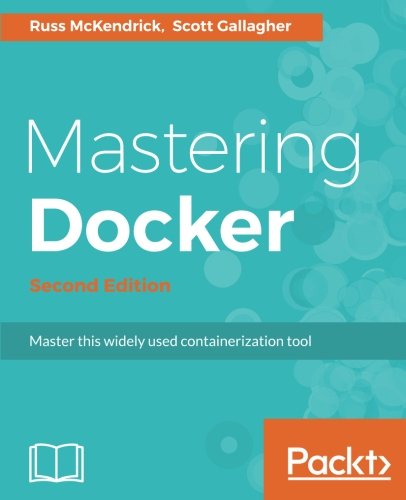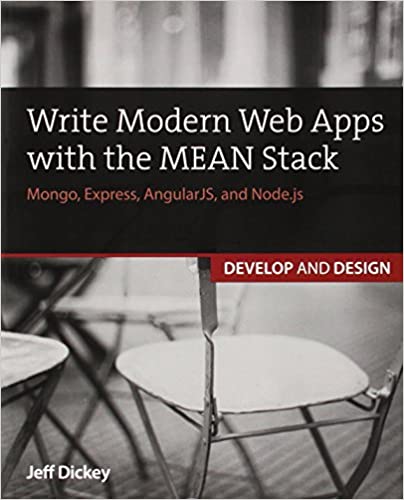; Date: Fri Jul 03 2015
Tags: Facebook »»»» Social Media Warfare »»»» Fake News »»»»
The Russian government has invested immense resources into media networks in Europe. The Russian state-media complex has established news and media outlets in the local languages of many European countries through which the Kremlin attempts to influence European discourse and public opinion on the Ukraine crisis. How does the Russian state-media complex use social media, political partnerships, and financial incentives to influence European media outlets? How successful is the media campaign launched by the Russian government? Where are the next targets of the Russian disinformation campaign? How could and should the EU respond?
Panel discussion with European media and journalists:
- James Kirchick, Foreign Policy Initiative, Correspondent, Daily Beast
- Lucian Kim, Journalist and Blogger, Berlin
- Boris Reitschuster, Journalist and Author, Berlin
- Gemma Pörzgen, Journalist, Reporters Without Borders
Moderation: Gustav Gressel, European Council on Foreign relations
About the conference:
An important part of the russian hybrid warfare in the Ukraine conflict targets the European public opinion: The Russian government has invested immense resources into media networks in Europe. The Russian state-media complex has established news and media outlets in the local languages of many European countries through which the Kremlin attempts to influence European discourse and public opinion on the Ukraine crisis.
How does the Russian state-media complex use social media, political partnerships, and financial incentives to influence European media outlets? How successful is the media campaign launched by the Russian government? Where are the next targets of the Russian disinformation campaign? How could and should the EU respond?
Russian state policy under Putin has stifled independent voices. This informational censorship widens the rift between Russian and Western societies. How is the Russian government shaping public opinion at home and among Russian speaking diaspora? What is the Russian public opinion today on Western Europe, the United States, and neighboring states? How can we reach the Russian public in an increasingly censored environment?
Two panel discussions on these questions with journalists and media expert from Europe, the US and Russia will be followed by the presentation of Boris Nemzov’s report “Putin.War.” and the Atlantic Council’s report “Hiding in plain sight”. The latter will be presented by Eliot Higgins, founder of the citizins journalism platform Bellingcat, and Alina Polyakova, Associate Director, Atlantic Council.
Further down on this page You will find links to the reports and the organizers social media accounts to follow the conference, as well as -further on- Video Tapings of different sessions of the conference and images.











